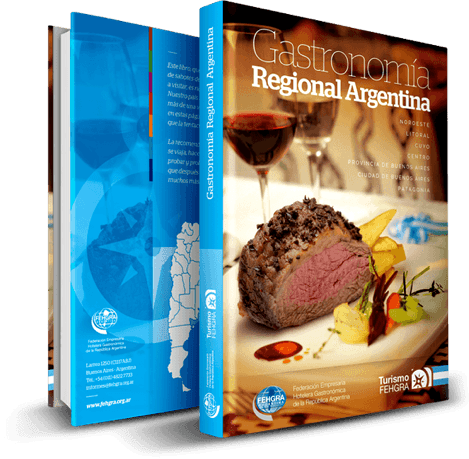Una muestra de clásicas recetas de pastas aggiornada a la nueva cocina son los sorrentinos de trucha, imperdibles acompañados con un buen vino.

para 4 porciones
| 1 Cda. | ACEITE DE OLIVA |
| c/n | SAL |
| 400 g. | HARINA 0000 |
| 3 unidades | HUEVOS |
RELLENO
| 40 g. | MANTECA |
| c/n | SAL/PIMIENTA |
| 1 unidad | TRUCHA AHUMADA (250 GRS) |
| 1 unidad | PUERRO |
SALSA
| 80 g. | PASAS DE UVA SIN SEMILLAS |
| 20 g. | MANTECA |
| 2 unidades | CHOCLO |
| 250 g. | CREMA DE LECHE |
| c/n | SAL/PIMIENTA |
| 1 unidad | CEBOLLA PEQUEÑA |
Masa Formar una corona, agregar la sal, los huevos batidos y el aceite; amasar y dejar reposar 30 minutos.
Relleno y cocción Cortar el blanco de puerro en brunoise y rehogar en manteca. Limpiar la trucha. Filetear, desmenuzar y agregar a la preparación anterior. Condimentar. Cocinar 5 minutos y dejar enfriar. Estirar la masa, colocar en un molde de sorrentinos. Rellenar en forma adecuada, pintar con agua los bordes y cerrar la pasta. Hervir en abundante agua caliente con sal hasta que la pasta este en su punto (cuando los sorrentinos suban).
Salsa Limpiar las verduras, y rallar finamente el choclo y la cebolla. Cocinar en sartén con manteca durante 10 minutos. Agregar la crema, condimentar y dejar reducir hasta obtener una salsa suave y cremosa. Para los chips, aplastar las pasas y llevar a horno bajo durante 1 hora y media, hasta que las pasas queden bien deshidratadas (esta preparación se puede tener lista con antelación).
Emplatado Servir los sorrentinos con la salsa cremosa, los chips de pasas, unas láminas de trucha ahumada y zarcillos de uvas.
El ahumado es una técnica antigua de conservación, donde el alimento es sometido al humo de maderas que no contengan resinas tóxicas. El humo de las maderas de los árboles frutales es excelente. Los más recomendados son: manzano (aporta un sabor dulce y acético), limonero, naranjo (todos los cítricos van bien con pescados), durazneros, ciruelos (sabor dulce).
Las truchas cuyanas son especies que se adaptan a la vida de agua dulce en lagos, ríos y arroyos. Poseen un interesante tamaño y se destacan por una hermosa coloración. Su carne es de color asalmonado y un sabor suave pero definido, que las distingue del resto de los pescados.

“Este libro, que es un gran mapa de sabores de regiones argentinas a visitar, es rico y variado.”
Conocé más sobre el libro original.
Acerca del libro